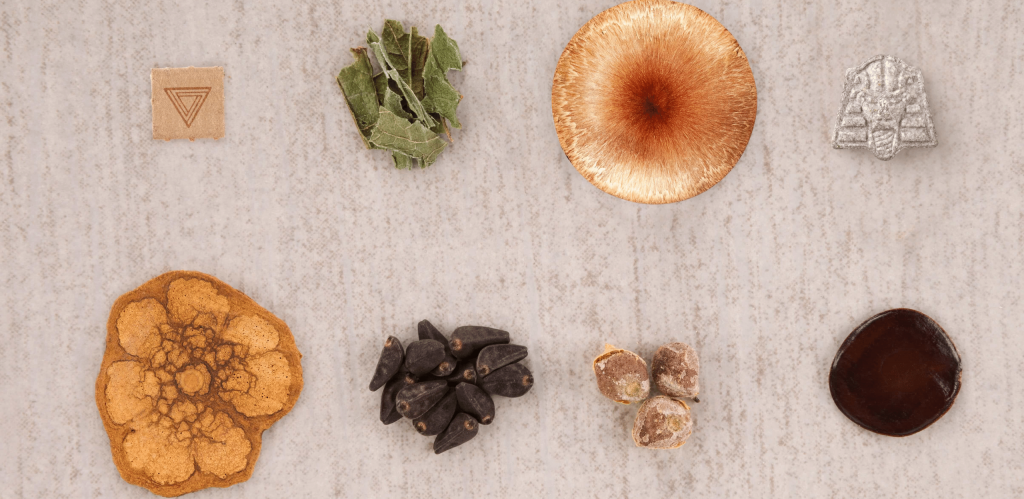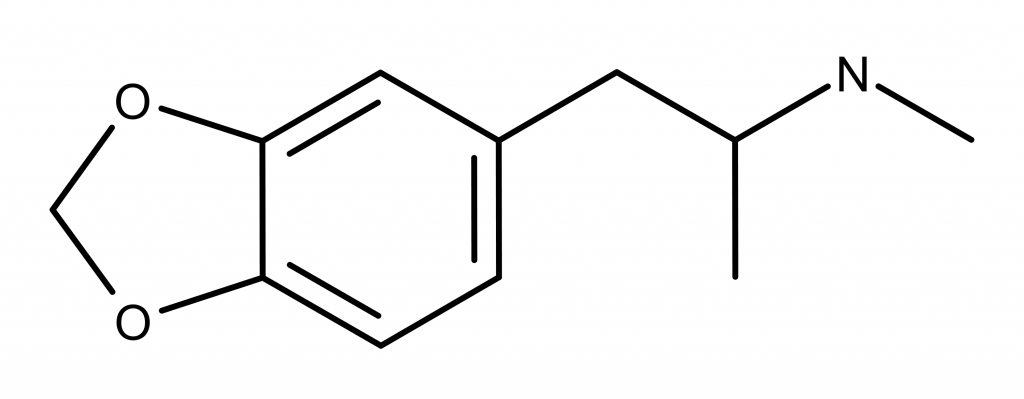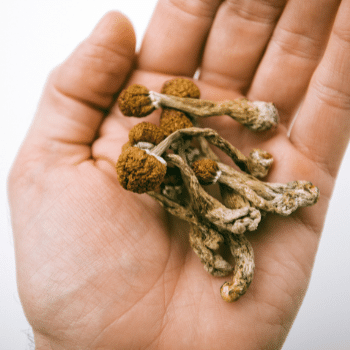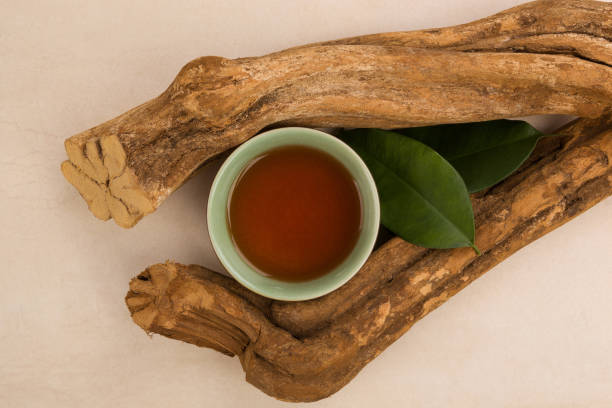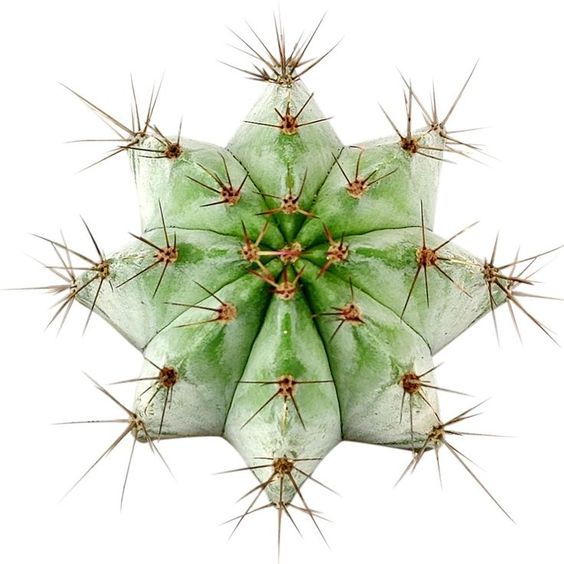
Native to the Andean mountain range of South America, huachuma (Echinopsis pachanoi) is also known as San Pedro (Saint Peter) because it is said to be the key that opens the gates of heaven. With its potential to catalyze deep healing at many levels, both for individuals and societies, it is a “teacher plant” that has much to offer those looking for a profound entheogenic experience.
Please note that this information does not constitute as medical advice and that you should always speak with your physician on options best suited for you.
Huachuma (aka San Pedro)
San Pedro is a psychoactive cactus native to the Peruvian Andes. It’s also found in Argentina, Bolivia, Chile, and Ecuador, and is cultivated in other parts of the world. San Pedro, aka Huachuma, has a long history of use in Andean traditional medicine. Archaeological evidence indicates its use for healing and religious divination in the region for over 3000 years.
Today it’s widely known in these areas, where it’s used in traditional medicine and veterinary medicine. In humans the San Pedro cactus is prescribed to treat a variety of medical problems such as: nervous conditions, joint problems, drug addictions, cardiac disease, and high blood pressure.
The entheogenic status of the cactus remains as strong today as it has always been. Not only do its uses in shamanic trances and healing sessions continue, but it has also demonstrated effectiveness in the treatment of more recent problems such as alcoholism. The peyote cactus used widely by North American Native peoples is also considered a medicine against alcoholism and this parallel is all the more striking since both cacti contain mescaline.
There is good reason to believe that this unique cactus—potentially both powerful and tender—is poised to take a far greater role in the work ahead.
Mescaline Medicine: Can San Pedro Help Heal the World?
As mental and public health issues such as addiction, abuse, and depression (the latter now the number one cause of disability in the world, according to the World Health Association) begin to reach epic proportions in the developed world and the shadow of war now looms across the planet, a new “Psychedelic Renaissance” has bloomed. The psychologically and spiritually healing role of these sacred New World hallucinogenic plants is re-emerging. And it’s about time.
Ayahuasca from the Amazon rainforest, an area that was much more resistant to Spanish
conquest and able to keep its shamanic traditions more intact, is leading the movement and has been found to be a potent therapeutic tool in everything from alleviating PTSD to lifting depression. But huachuma also may be able to play an important part in humanity’s healing, which we so desperately need right now.
According to a recently released study from the University of Adelaide in Australia,
psychedelics are highly therapeutic for mental health issues because they facilitate an
experience of ego dissolution and oneness with creation.
Undoubtedly, this was the experience at the core of the ancient initiation rites at Chavín as well as the Eleusinian Mysteries. While ayahuasca and other psychedelic plants like psilocybin mushrooms also induce a state of oneness, huachuma’s relative gentleness, special empathy – inducing properties, and history of use in complex urban environments uniquely poise the cactus to play a major role in conscious evolution.
“The ceremonies I run take place in the Cusco region of southern Peru at a special cave that the young Inca elite boys were initiated to be men at,” Scott Lite reveals.
“We start with a passage called the ‘plant medicine sutra’ from a book called Zig-Zag Zen,” which combines psychedelic use with Buddhist perspectives. “We thank Pachamama [Mother Earth], the sun, the moon, the stars, huachuma itself and the Apus [mountain spirits], and then drink the medicine.”
“One by one, I sing, whistle, blow smoke, and clean the energy of each participant with my mapacho smoke and rattle. Then, alone, each participant walks through the
last narrow part of the cave, in the river, through the darkness and into the light,” he continues. “I try not to get in the way of the medicine too much, letting it do its own work.”
Lit has consumed huachuma himself some 300 times and has led more than 200 ceremonies as part of the ecological and ethnobotanical offerings that he provides through EthnoCo. His experiences have led him to believe that this sacred plant medicine can help transform individuals and the world.
“Huachuma taught me to love myself, but above all, it taught me I am a warrior of light, one of the gardeners of Eden and [that] it is my Sacred Duty to protect our mother, Mother Earth, Pachamama,” he says. “It showed me how humanity could turn this Earth into a hell-scape, devoid of life, burned like a desert by mankind’s arrogance. It also showed me how we can turn the Pacha [Earth] into a new Garden of Eden with mankind as her stewards, dutifully protecting that which grows, crawls, swims, walks, or flies.”
Beyond the isolated misery of the ego lies the oneness with all things that is the core of not just the psychedelic experience, but of all the world’s spiritual paths. As a plant teacher that is still relatively unknown yet grows abundantly and is also relatively very simple to prepare, it is time for huachuma to come forth into the light itself.
Because, true to its name, the San Pedro cactus just might hold the key to unlocking the gates of heaven, right here on Earth.
This excerpt is written by Ocean Malandra, a widely published writer who divides his time between Northern California and South America.
Originally published at reset.me
Read More About Journeying with Huachuma
“For every human illness, somewhere in the world there exists a plant which is the cure.” Rudolph Steiner
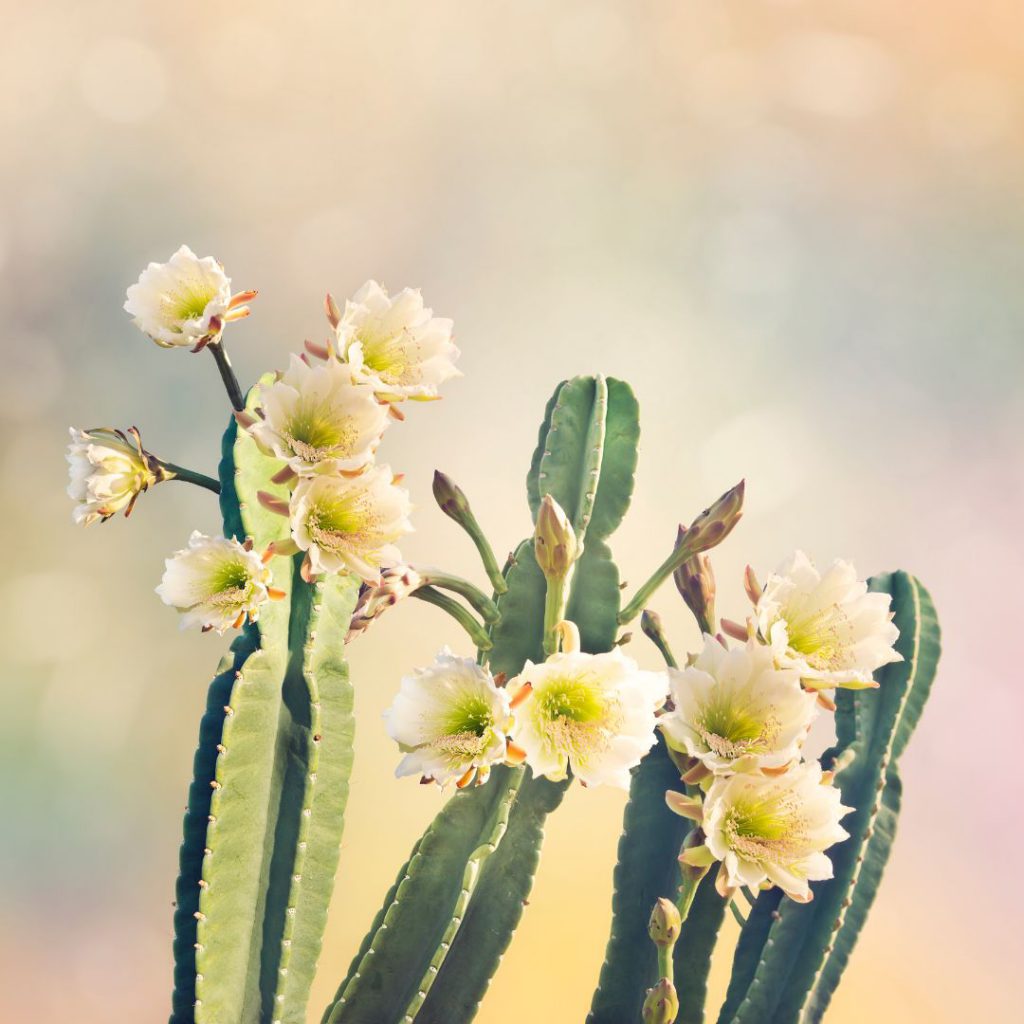
A word of caution when it comes to psychedelics
Psychedelics have been used for centuries by indigenous people for healing and spiritual purposes. In recent years, there has been a growing interest in the use of psychedelics for treating mental health conditions such as anxiety and depression. While psychedelics show promise as therapeutic agents, it is important to approach them with caution. Psychedelics can induce powerful altered states of consciousness that can be difficult to navigate. It is important to have a clear intention when taking psychedelics, and to be in a safe and supportive environment. With the help of a qualified guide or practitioner, psychedelics can offer transformative insights and healing experiences. However, without proper preparation, support and after-care (also called integration), they can also be overwhelming and disruptive.



